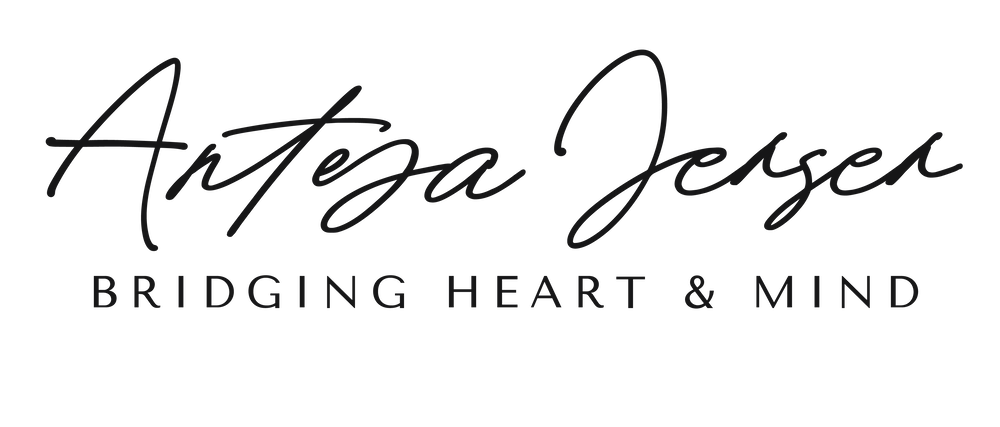Why being curious is way better than being smart.
Photo courtesy of Dakota Corbin on Unsplash
We spend a lot of energy in our lives absorbing information. Facebook, the news, other people dropping knowledge bombs on us left and right (sort of like this post)...
We receive it under the guise that this is how we get smarter, and we prioritize being smart over most other things.
Being well-informed is perhaps the single most important thing for many of us, largely because it ensures our safety in an unknown rapidly changing world (or so we think). If we are not well-informed, our capacity for risk taking or doing uncomfortable things often suffers in equal measure.
While this is not the only way to live, it's often the way most of us are taught (aka: fear-based decision making).
And so we push and pull to just keep getting smarter. Because maybe if we know enough we'll make more money / be happier / attract a better mate / feel fulfilled...
-----
All human beings learn experientially. This is not woowoo or pseudo science. It is a fact.
What that means is that unless you immediately put to practice a thing I teach you on facebook, chances are likely that it will not change your life.
It may change your mind, but unfortunately all that will do is create a larger disparity between your mind (intellect) and body (experience). Which is to say, you may get smarter, but not necessarily wiser.
-----
Other people do not necessarily get smarter by you being smart. They do, however, tend to get smarter by you triggering their desire to learn contextually (experientially).
So, with enough precision in your teaching, and with enough articulate language, you can actually reach a lot of people and they can become brilliant.
But let's be clear. They do not become brilliant because they have a proverbial empty bucket that you're filling up by dumping your brilliance into it.
They get smarter because you said something (either accidentally or on purpose) that stimulated an experiential memory they had that helped them categorize, comprehend, and ignite something THAT ALREADY EXISTED IN THEM.
This is one way to potentiate brilliance.
-----
A far more effective way to potentiate brilliance involves a level of empowered surrender that most really smart people are absolutely unwilling to practice.
Because most really smart people got really smart because for whatever usually-childhood-trauma-related reasons they feel safer being smart.
In that safety, we feel superior, and thus judge those who are not as smart as we are, and thus feel compelled to teach them everything we know (which implies we think being less smart is wrong/dangerous).
Precise teaching is a brilliant skill, don't get me wrong.
But precise curiosity is an even more brilliant skill.
Why?
Because asking precise questions can make everyone around you brilliant. Teaching them precisely what to do makes them dependent (dumber).
IF your intelligence is in any way linked to a superiority complex, then you likely have a belief that you're too much and can never be fully met and that people are dumb, and you prove that belief right every single time you are even an iota smarter than you are curious.
-----
So what do we do?
I'm glad you asked. :)
(I'm going to be superior and ironic for a moment and tell you what to do.)
1. Make your agenda to discover the divinity and brilliance in EVERYONE (this gets immediately foiled when we are too busy being smart and stop asking questions).
2. We must always assume others KNOW. Even if they don't know that they do.

